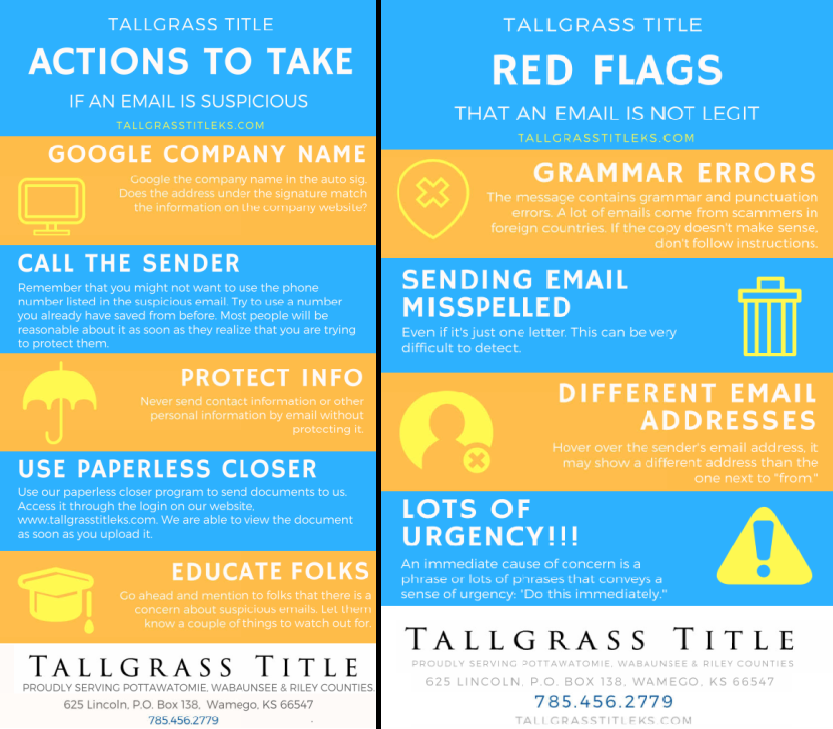In this technological age, it seems like everything is at your fingertips. Have business to conduct? Pull out your smart phone and get it done. Have a report that is due while you are out of town and do not have all of the information you need? Find an internet café or public wifi, pull out your laptop computer and get to work. With the help of Wikipedia, Google, and any number of search sites, all of the information you need is at your fingertips. Great, right? It can be, but while it is easier for people to access information, it is also easier for hackers and scammers to access people’s personal information like social security numbers, bank accounts, and other personal information. Once they have that information, Tada! You now have six new credit cards, your debit card has been used to buy a new car half-way across the world, and you managed to get a speeding ticket in some hole-in-the-wall town three states over! Your identity was stolen! Scary, right? How can you protect yourself and your clients from this type of threat? Here are some tips for practicing public (and personal) internet safety:
- Never log into your email using public wifi. Get yourself a mifi device. A mifi device is a personal wifi that uses cellular broadband to make a wifi connection. Not super convenient, or free, but using a mifi device is much more secure. You can password protect it and it pulls from a private source. You can also typically use your smartphone as a personal hotspot.
- Change your passwords frequently. If a hacker gains access to your password, they may try to access your system or account more than once over a period of time. Changing your password reduces the risk that they will have frequent access. It also keeps things like a keystroke logger, which is surveillance technology used to record keystrokes, from obtaining your password through repeated logins.
- Never email any documents that have your client’s personal information. If you do email any documents that have that type of information, make sure it is password protected and encrypted.
- Stop and read an email before opening any attachments or following any links. If you do not have your email set up to preview a message before opening, modify your settings to allow it. A lot of attachments and links in fake emails from scammers and hackers have viruses and other little nasty surprises that can corrupt your system or open a backdoor for someone to get to the rest of your information.
- Do not use a free email service for your business email. Yes, they are convenient, and better yet, free. However, they have the barest minimum of security when it comes to allowing junk through.
Computers can be a convenient tool that can make our lives easier in many ways. By following these 5 rules, they can continue to be the tools that they are intended to be. Here at Tallgrass Title we are committed to protecting all of our associates and clients. Let us know how we can help you protect yourself and your clients from scammers and hackers.

